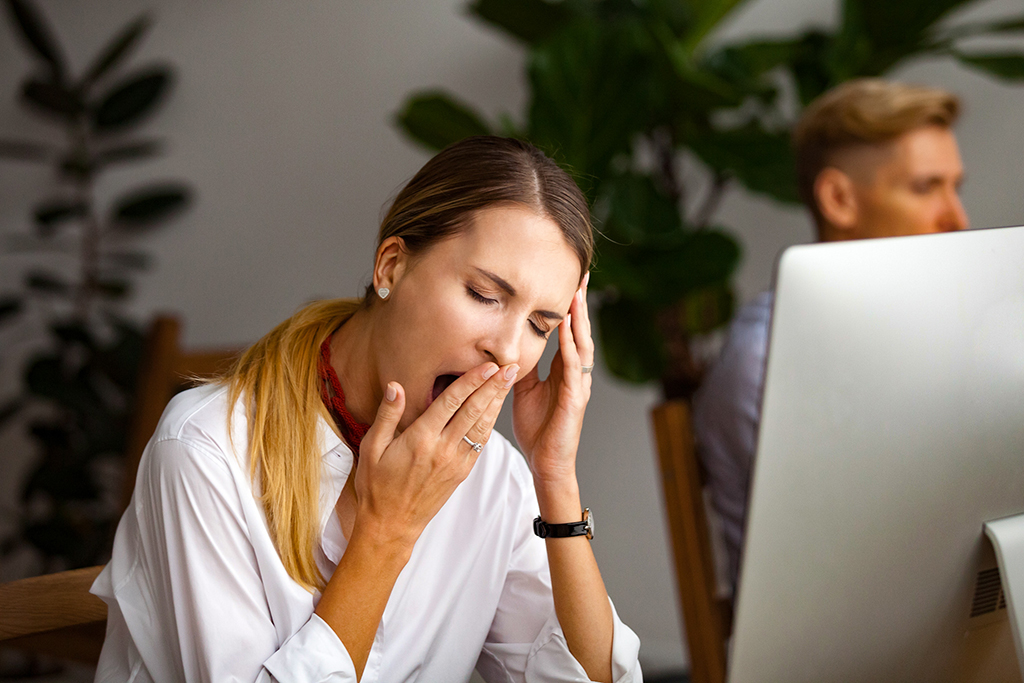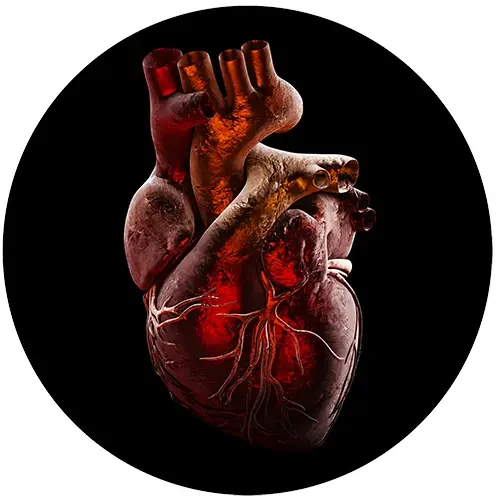Fatigue in HCM
Fatigue is one of the most common symptoms of HCM. Fatigue is especially likely among HCM patients during hot weather, exertion, and when dehydrated.
Many HCM patients find themselves avoiding social activities to "conserve" energy for more critical functions of daily living. The simplest of activities can leave severely affected patients exhausted.
In spite of differences in types of exercise, age, elevation, or weather conditions, symptomatic HCM patients experience fatigue or the inability to "keep up" when exercising. Some are advised to eliminate all sports or limit exercise to being spectators. This can be discouraging, especially to young people.
What causes fatigue?
For HCM patients, fatigue may be a consequence of heart failure. Your heart fails to push blood through the system adequately, or it fails to fill properly. Fluid accumulates in the legs or the lungs. Obstruction can reduce the amount of blood being pushed out of your heart, and make the heart work much harder. Arrhythmias may also mean that some of your tissues are not getting enough blood. In short, many aspects of HCM may act to make you fatigued. In some cases, drugs may also play a role in causing fatigue.
But even if you have HCM, not all of your fatigue is necessarily due to HCM! HCM patients can have almost any medical problem that anyone else can! In most people, fatigue is caused by lifestyle problems like lack of exercise, excess physical activity, alcohol or drug use, lack of sleep, or unhealthy diets. It can also be a symptom of other diseases like anemia, anxiety disorders, COPD, COVID-19, diabetes, depression, hyperthyroidism, hypothyroidism, multiple sclerosis, obesity, stress, sleep apnea, or traumatic brain injury. And HCM doesn't give us immunity from any of these causes.
What can be done about fatigue?
Talk with your cardiologist. They may want to investigate possible HCM-related causes of your fatigue. They may prescribe a sleep study, or ask questions that may suggest that other tests or specialist consultations are warranted. Because there are so many causes of fatigue, there is no simple answer or single treatment.
You should get emergency help if your fatigue is related to a mental health problem and your symptoms include thoughts of harming yourself or someone else. You should also seek medical attention if your fatigue is accompanied by chest pain, shortness of breath, irregular heartbeat, feeling that you may pass out, or severe abdominal/back/pelvic pain. Have someone take you to receive medical attention if fatigue is accompanied by abnormal bleeding or severe headache.










